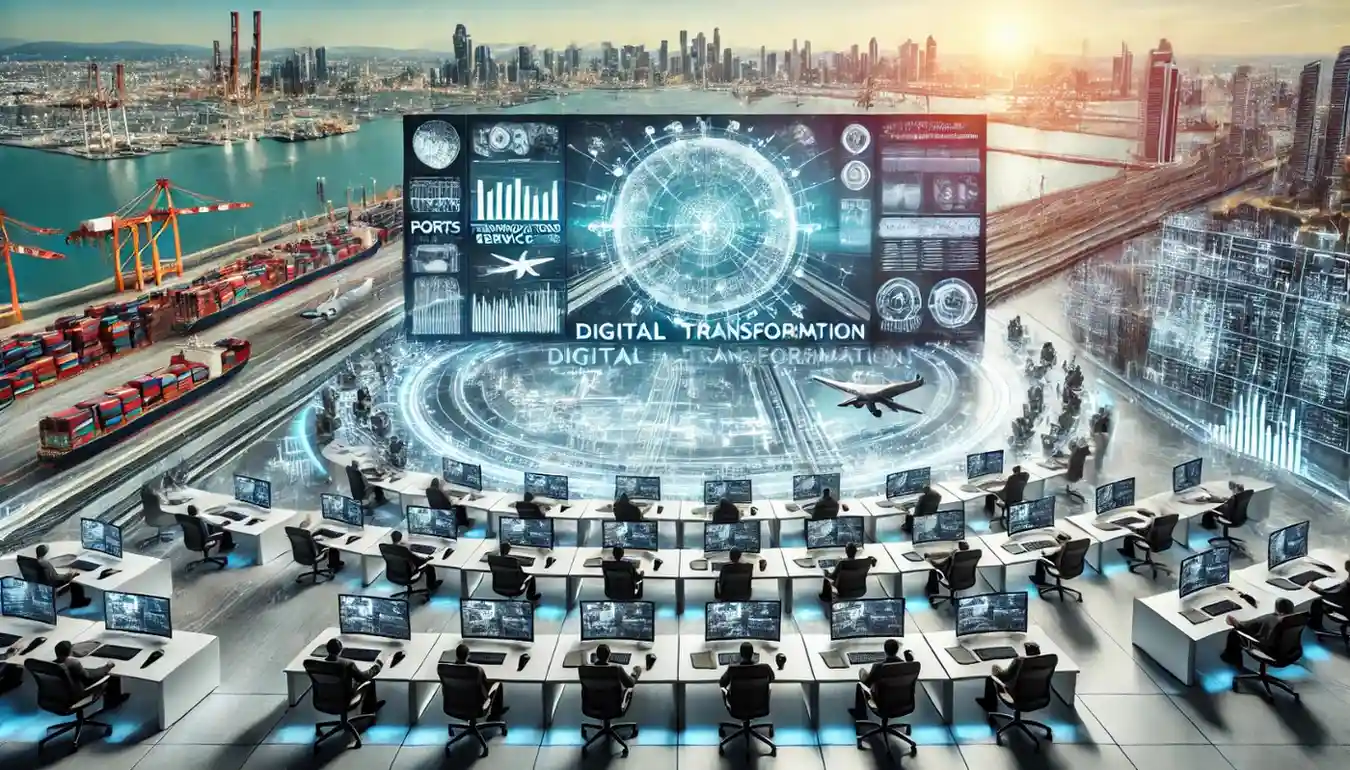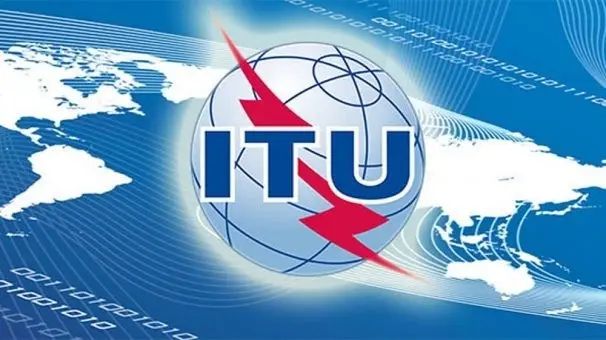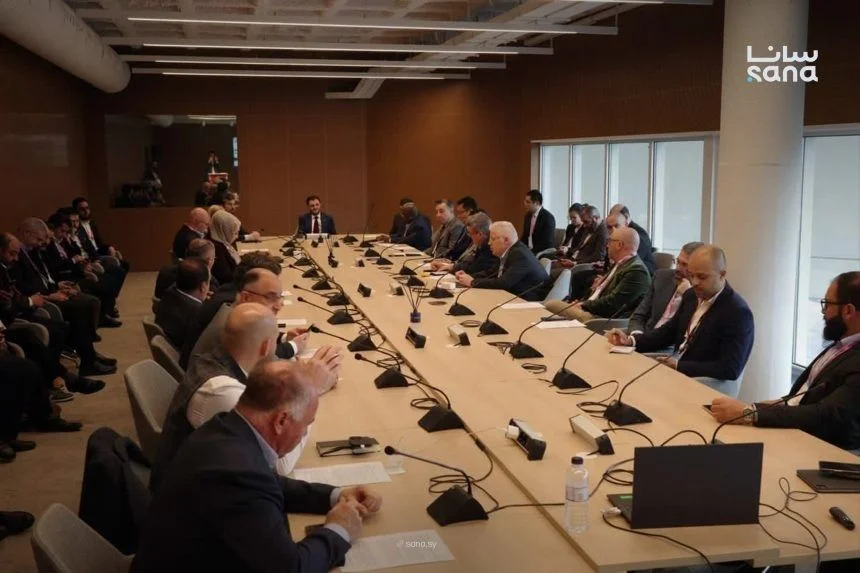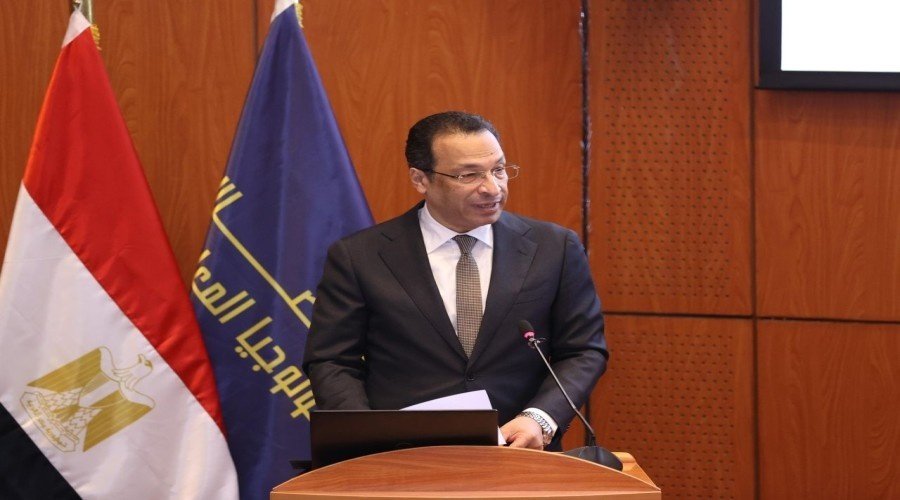Mohammed bin Thamer Al Kaabi, Bahrain’s Minister of Transportation and Telecommunications, has announced the development of 27 new services across various sectors of the ministry. This announcement is part of a broader initiative aimed at enhancing 500 services within 24 government entities by 2026. The initiative focuses on simplifying procedures, reducing required documentation by 50%, and limiting processes to a maximum of four steps, in alignment with the goals of the Government Plan (2023-2026).
The minister underscored that these developments are in response to directives from His Majesty King Hamad bin Isa Al Khalifa and follow-ups by His Royal Highness Prince Salman bin Hamad Al Khalifa, Crown Prince and Prime Minister. These efforts are intended to bolster national development by elevating the quality of public services.
Working in partnership with the Ministerial Committee for Information Technology and Communication (MICT), chaired by General Shaikh Rashid bin Abdullah Al Khalifa, Minister of Interior, the ministry has made significant strides in several key areas:
- Ports and Maritime: The sector has seen 21 services digitized, including the registration and licensing of yachts, fishing boats, and small vessels through the Marassi platform. These enhancements have reduced cargo handling times from 14 to 7 working days and accelerated the issuance of ship maintenance permits.
- Postal Services: Five services have been improved with new digital functionalities, such as electronic handling of postal dispatches and the digitization of private mailbox subscriptions. Enhanced international mail tracking is now available on the Bahrain Post website.
- Civil Aviation: Services related to flight information for departing flights, previously managed manually, are now fully digitized, improving efficiency and data accuracy.
Dr. Al Kaabi emphasized the ministry’s commitment to strengthening digital infrastructure as a critical factor in attracting investment, boosting productivity, and cutting operational costs. These technological upgrades not only increase investor confidence but also lay the groundwork for future enhancements in service delivery.















